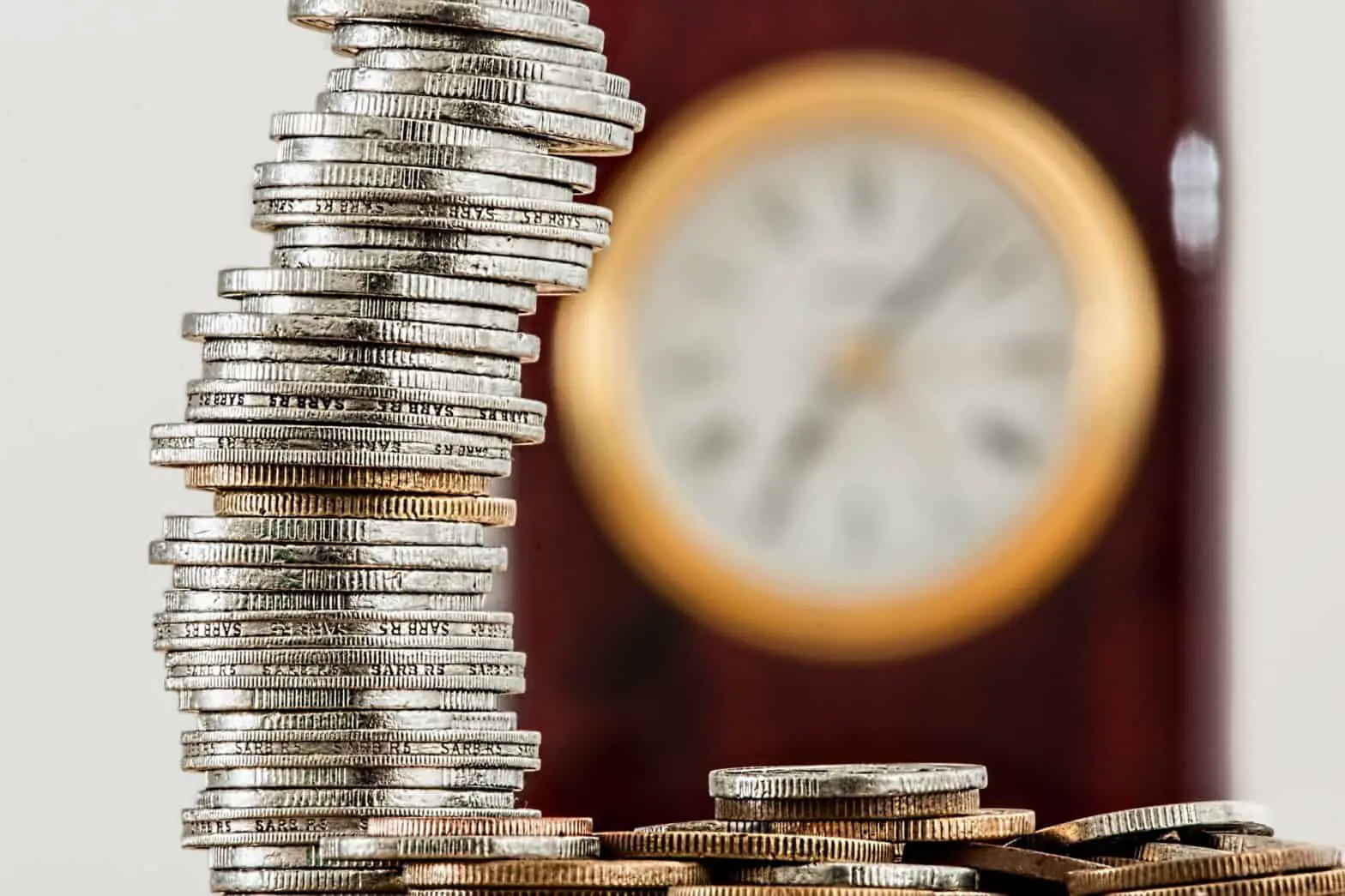Table of Contents
Trust is a major factor in the buying and selling of coins.
*This post may contain affiliate links. As an Amazon Associate we earn from qualifying purchases.
Most consumers think they can trust a coin dealer to provide an honest appraisal and offer a fair price.
On the other hand, coin dealers seek to maximize their profit and feel that it is up to the consumer to do their homework.
Before you go out and deal with a coin seller, there are some things you should know.
What You Need to Know About Coin Dealers
The coin dealing business consists of two major categories of coin dealers – wholesalers and retailers. A coin dealer with a retail business will obtain his goods from a wholesaler, who brings new merchandise into the marketplace. Wholesale coin dealers will often attend local auctions, advertise coin purchasing offers, and attend coin shows. Their business income comes from bulk sales to retailers, who in turn obtain profit from single-purchasers, such as collectors and investors.
Whether you deal with a retailer or a wholesaler, the number one consideration is what options you have if things go wrong. Local coin dealers may offer higher prices since there is no middle-man involved, yet they can often be less trustworthy. Larger dealers are required to subscribe to a Code of Ethics, such as the Professional Numismatists Guild or the American Numismatic Association.
Before You Go to a Coin Dealer: Do Your Research on Wholesale Coin Values
One way to arm yourself for negotiations with a coin dealer is to know the wholesale prices he pays for his coins. The best way to find this out is through the “Coin Dealer Newsletter,” otherwise known as the CDN, or the “Greysheet.” This publication lists the “bid” (buying) and “ask” (selling) prices for every major type of US coin and currency, including mint sets, slabbed coins, and bank notes.
When it comes to the Greysheet, you must remember we are dealing with the wholesale market. The prices indicated are for bulk purchases, not single coin transactions. Appraisals and grades would not be part of the deal. What the Greysheet can do for you is give you a general sense of a coin’s value so you don’t sell for much lower than a coin is worth or pay through the nose for a coin worth much less.
The Top Resources for Coin Sellers to Determine the Value of Their Gold
The Greysheet is the equivalent of the coin dealer’s Bible, but there are other publications that provide valuable information for the coin seller. Here is a list of all the publications you should consider getting familiar with before going to a coin dealer:
- The Greysheet. This monthly subscription provides current, accurate wholesale information on the “bids” of U.S. coins
- The Greensheet. The monthly Greensheet provides the latest wholesale “Bid” and “Ask” prices for all commonly collected U.S. Currency.
- CPG Coin & Currency Market Review. This publication provides a complete printed reference of all CPG values of U.S. coins and currency
Factoring In Coin Dealer Profit Margins to Their Offers
To make a profit, coin dealers must counterbalance the following factors:
Market Demand. How quickly the coin can be resold
Capital Outlay. How high the dollar value is
Market Dynamics. The condition of the coin market overall
Common, lower-grade coins are harder for a dealer to sell, so the margin for them must be higher. Absolute dollar value is a larger factor in coin dealing than profit margin as a percentage. A dealer might pay you two cents for a one cent coin and sell it for five cents, which nets him a whopping profit margin, yet in real money value, he only profits three cents.
On the other hand, if you are dealing with a rare coin, the coin dealer may pay you $40 and sell it for $50. The dealer’s profit margin is much lower at 25 percent, however, his true profit is $10. Rare coins are also likely to sell much faster.
Coin Dealers: Are They Low-Balling or Is It Junk?
Seasoned coin dealers have likely seen it all, including a lot of “junk.” They have seen plenty of circulated Buffalo Nickels and Mercury Dimes, common date wheat pennies, worn Washington Quarters and Franklin and Kennedy Halves to know what’s valuable – and what’s not – at a quick glance. Dealers also may be reluctant to purchase coins that do have value if they are typically hard to sell.
In order to maximize your payout when bringing bulk quantities to a dealer, you should sort them into batches before you bring them in. The dealer will assume the coins have already been sorted and that any valuable dates will have already been removed, so sort them according to the Red Book beforehand to get the best value. Any coin exchange needs to be a fair deal for both parties.
Tips on Preserving the Value of Your Coins
When selling coin collections, keep them in the album.
If you have a partial collection, remove coins from low-cost folders and put them in a 2×2 coin holder.
A quick search of “coin dealers near me” should provide a good starting point. In order to find a reputable coin dealer near you who has agreed to abide by the code of ethics, cross-reference the American Numismatic Association’s Dealer Directory.

